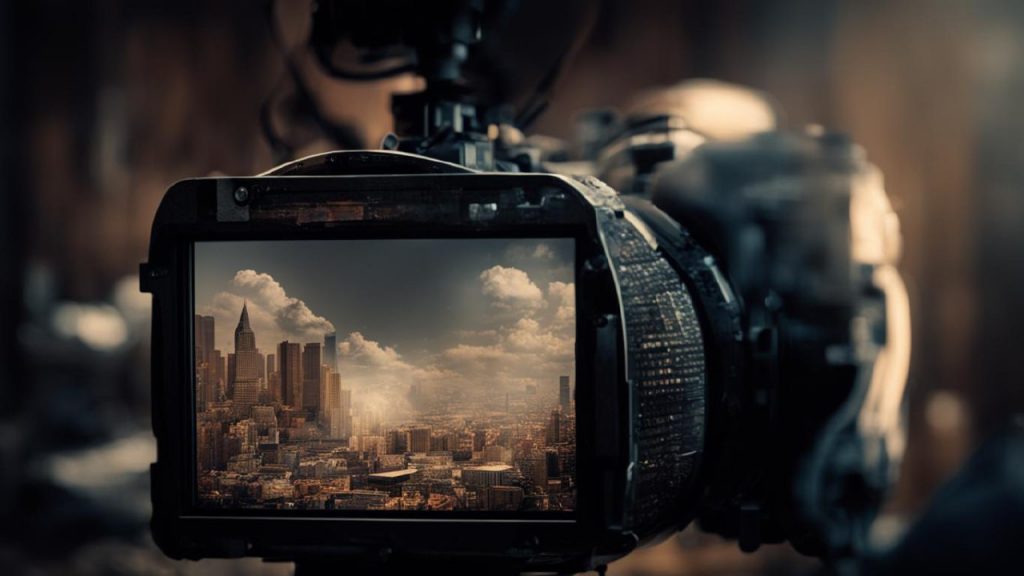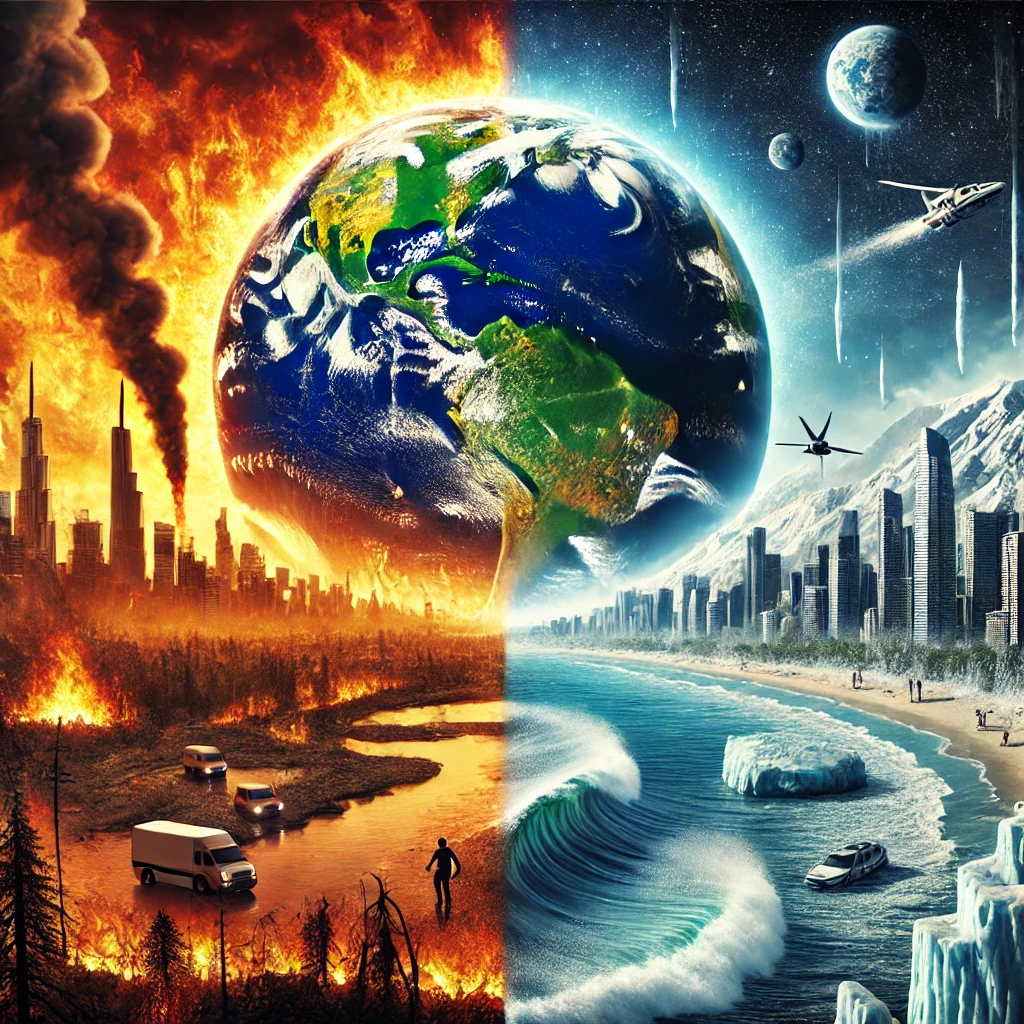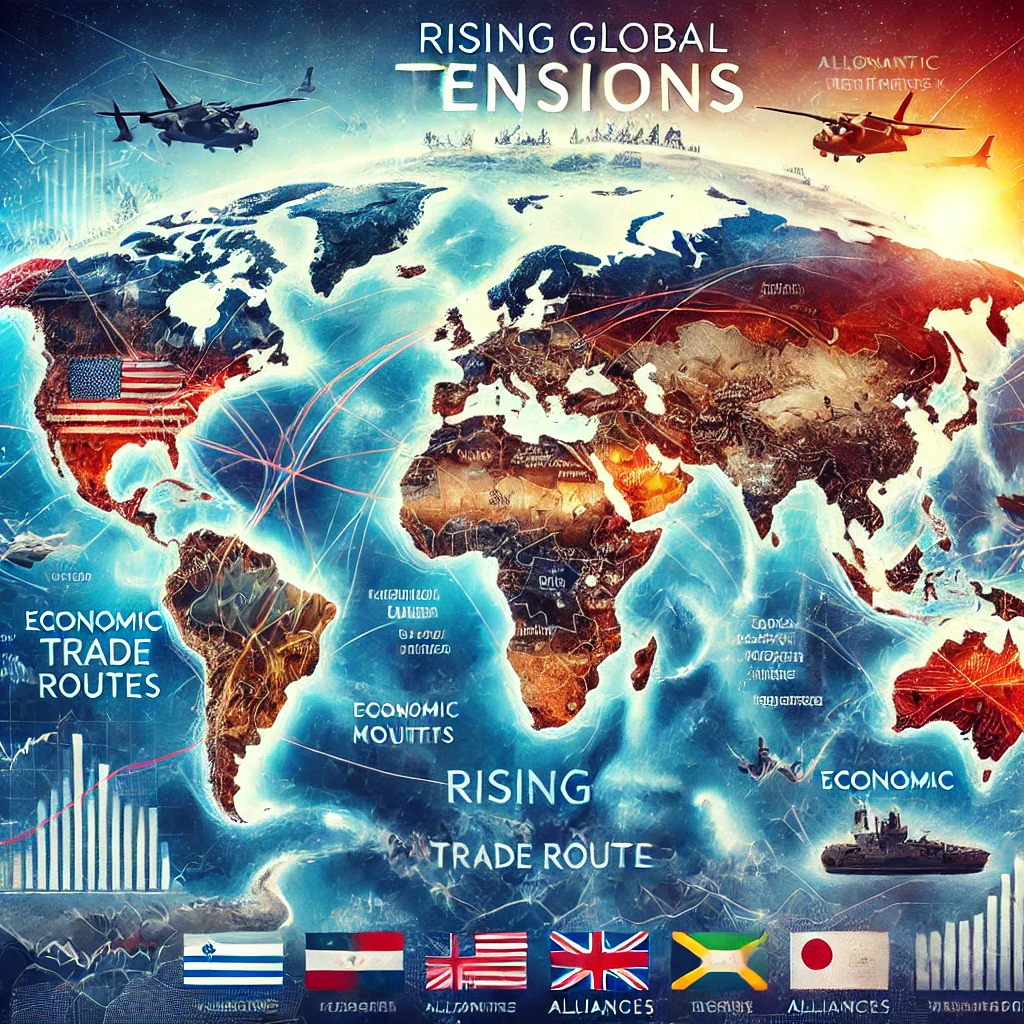
In contemporary’s interconnected world, the friendship between media and government is more critical than always before. Media plays a multifaceted act in shaping public opinion, doing policy decisions, and ownership leaders accountable. From usual print newspapers to mathematical platforms and social publishing, the reach and impact of media in politics are extensive and profound.
Informing all
At its core, the basic function of media in campaigning is to inform all. Through investigative journalism, information reports, and analysis, media outlets aim to provide citizens accompanying accurate and up-to-the-minute information about government endeavors, elections, and policy debates. A well-informed voters is essential for the functioning of democracy, allowing residents to make learned decisions at the ballot box and hold chosen officials accountable for their conduct.
Shaping Public Opinion
News not only informs but also shapes common belief on political issues. Through composing, agenda-setting, and prepare, media outlets can influence how community perceive and prioritize sure topics. The way a an article reporting news is presented, the prose used, and the sources subpoenaed can all affect how hearings interpret and respond to governmental events. In an era of 24-time news phases and constant social television updates, media stories can sway public sentiment and shape the political countryside.
Holding Power Accountable
Individual of the most fault-finding roles of media in campaigning is its function as a watchdog. Broadcasters act as checks on government capacity, exposing corruption, abuse of expert, and unethical behavior by chosen officials. Investigative newsgathering plays a crucial role in revealing wrongdoing and holding officers accountable to the public. By bright a light on management actions, media outlets be a part of guardians of democracy, promoting transparence and accountability in governance.
Calendar Setting and Framing
Publishing outlets not only report on political occurrences but also play a role in scene the agenda and framing the discourse encircling those events. By choosing that stories to cover and by means of what to cover them, media arrangings can influence which issues receive consideration from the public and policymakers. This power to shape the timetable can have significant implications for the governmental process, determining that issues gain traction and which are marginalized honestly debate.
Challenges and Ethical Considerations
While the part of media in politics is critical for democracy, it also presents challenges and moral considerations. Bias, exaggeration, and misinformation can distort public discourse and weaken trust in the media. The rise of friendly media has exacerbated these issues, making it smooth for misinformation to spread rapidly and for echo chambers to form, place people are only unprotected to information that confirms their existent beliefs.
Conclusion
Finally, the role of media in government is multifaceted and complex. From informing all and shaping common belief to holding power accountable and background the agenda, media outlets play a essential role in the functioning of democracy. Still, this power comes with accountabilities, including the need for veracity, fairness, and ethical conduct. As science continues to evolve and publishing landscapes shift, it is essential to wait vigilant in ensuring that radio serves the public interest and upholds the law of democracy.


